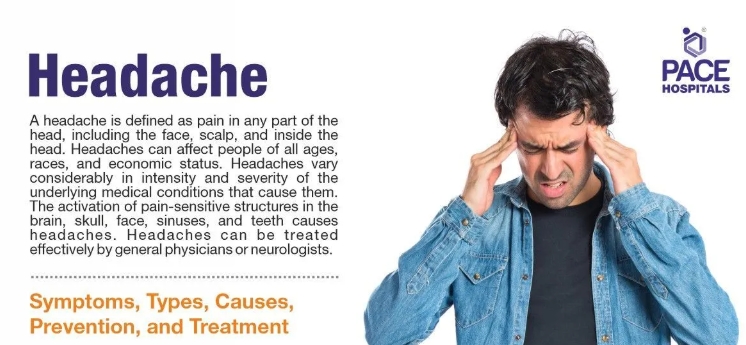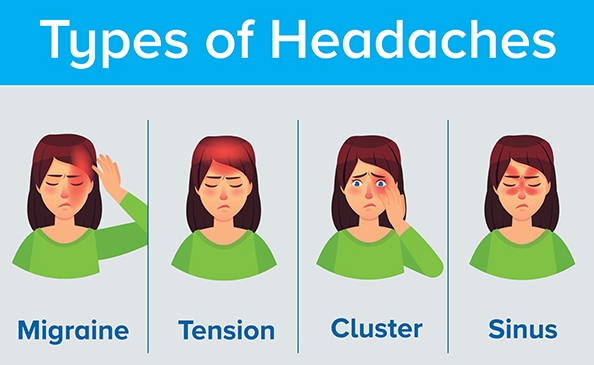Headache and Facial Pain Management: Top Medical Books. Headache and facial pain are among the most common medical complaints worldwide. For healthcare professionals and patients alike, understanding the causes and treatment options is essential. While medical journals offer research updates, books provide structured, in-depth learning.
This article reviews the top medical books on headache and facial pain management. Whether you’re a clinician, a medical student, or someone living with chronic pain, these resources can guide your journey.
Why Understanding Headache and Facial Pain Is Crucial
Headaches may seem simple, but they come in many forms—from tension headaches to migraines and cluster headaches. Facial pain can involve nerves, muscles, or underlying conditions like sinusitis or TMJ disorders.
Early Diagnosis Leads to Better Outcomes
Timely, accurate diagnosis helps prevent chronic pain conditions. Medical books help providers learn diagnostic criteria, red flags, and treatment protocols.
Multidisciplinary Approach Required
Pain in the head and face often needs a team approach. Neurologists, dentists, ENT specialists, and pain physicians may all be involved. That’s why comprehensive references are invaluable.
Let’s dive into the best books on the topic.

Top Medical Books for Headache and Facial Pain Management
1. “Wolff’s Headache and Other Head Pain” by Stephen Silberstein et al.
Overview
This is the gold-standard reference for headache medicine. Now in its 9th edition, it continues to be a trusted resource for neurologists and pain specialists.
Key Features
-
Covers all primary and secondary headaches
-
Up-to-date information on migraine pathophysiology and treatment
-
Case studies, images, and treatment algorithms
Why It’s Valuable
It blends science with clinical insight. A must-have for anyone specializing in neurology or pain medicine.
2. “Headache and Facial Pain” (Medical Clinics of North America)
Overview
This edition of Medical Clinics of North America offers concise yet comprehensive insights into both common and rare pain conditions.
Highlights
-
Articles by top headache specialists
-
Focus on practical diagnosis and management
-
Covers facial neuralgias, tension-type headache, and more
Best For
Clinicians who need a quick-reference guide with peer-reviewed credibility.
3. “Management of Headache and Headache Medications” by Lawrence C. Newman and David W. Dodick
Overview
This book is perfect for both residents and practicing physicians. It simplifies complex headache concepts.
What You’ll Learn
-
How to classify headache types
-
Evidence-based treatment options
-
When to refer patients to specialists
Reader Benefit
It’s clear, practical, and highly readable—ideal for busy healthcare providers.
4. “Orofacial Pain: Guidelines for Assessment, Diagnosis, and Management” by the American Academy of Orofacial Pain
Overview
Facial pain isn’t always neurological. This guide focuses on TMJ disorders, dental pain, and musculoskeletal conditions.
Inside the Book
-
Pain mapping techniques
-
Examination protocols
-
Treatment plans, including physical therapy and appliances
Ideal For
Dentists, oral surgeons, and physical therapists dealing with facial pain daily.

5. “The Migraine Brain” by Carolyn Bernstein, MD Headache and Facial Pain Management
Overview
Written by a neurologist, this book explains migraines in patient-friendly language. It combines medical advice with lifestyle strategies.
Topics Covered
-
Common migraine triggers.Headache and Facial Pain Management 2025.
-
Medical and holistic treatments
-
How to prevent and manage attacks
Why It Stands Out
It empowers patients to understand and control their condition with both science and empathy.
6. “Practical Neurology” by José Biller
Overview
While broader in scope, this book offers an excellent section on headache and facial pain. It’s great for general neurologists and residents.
Benefits
-
Real-world case presentations
-
Step-by-step diagnostic approaches
-
Clear management guidelines
Best Use
As a supplementary resource for neurology training or board preparation.
What Makes a Good Book on Headache and Facial Pain?
Evidence-Based Content
The best books rely on clinical research and medical guidelines. They reflect current practices, not outdated methods.
Case-Based Learning
Books with real patient scenarios help readers connect theory with real-world applications. This is especially helpful in complex pain cases.
Multidisciplinary Focus
Pain doesn’t belong to one specialty. A good book should integrate perspectives from neurology, dentistry, psychology, and primary care.
Practical Tools – Headache and Facial Pain Management
Flowcharts, images, drug tables, and checklists help translate knowledge into action. These tools save time and improve clinical accuracy.
How to Choose the Right Book for Your Needs
For Students and Beginners
Start with books that explain terms clearly. Look for those with diagrams and summaries at the end of each chapter.
For Specialists
Choose detailed, peer-reviewed references. These often include the latest treatment protocols, new drugs, and surgical options.
For Patients
Look for books with simple language and actionable advice. Avoid resources that overpromise or promote unproven treatments.
Benefits of Reading Medical Books on Headache and Facial Pain
Improved Diagnosis and Treatment
Books help clinicians recognize red flags. They also offer step-by-step guides to accurate diagnosis and safe treatment.
Better Communication
Understanding pain terminology helps both patients and providers communicate clearly, leading to more personalized care.
Continuing Education
Healthcare evolves rapidly. Reading current books helps professionals stay updated and confident in their practice.
Final Thoughts – Headache and Facial Pain Management
Managing headache and facial pain requires more than just medication. It needs knowledge, empathy, and the right tools. The medical books listed above offer comprehensive guidance for professionals and patients alike. View More google.com :dentalbooks.info
Whether you’re a neurologist seeking better treatment options or a patient trying to understand your migraines, there’s a book here for you. Choose the one that fits your needs—and take the next step toward better pain management and improved quality of life.

